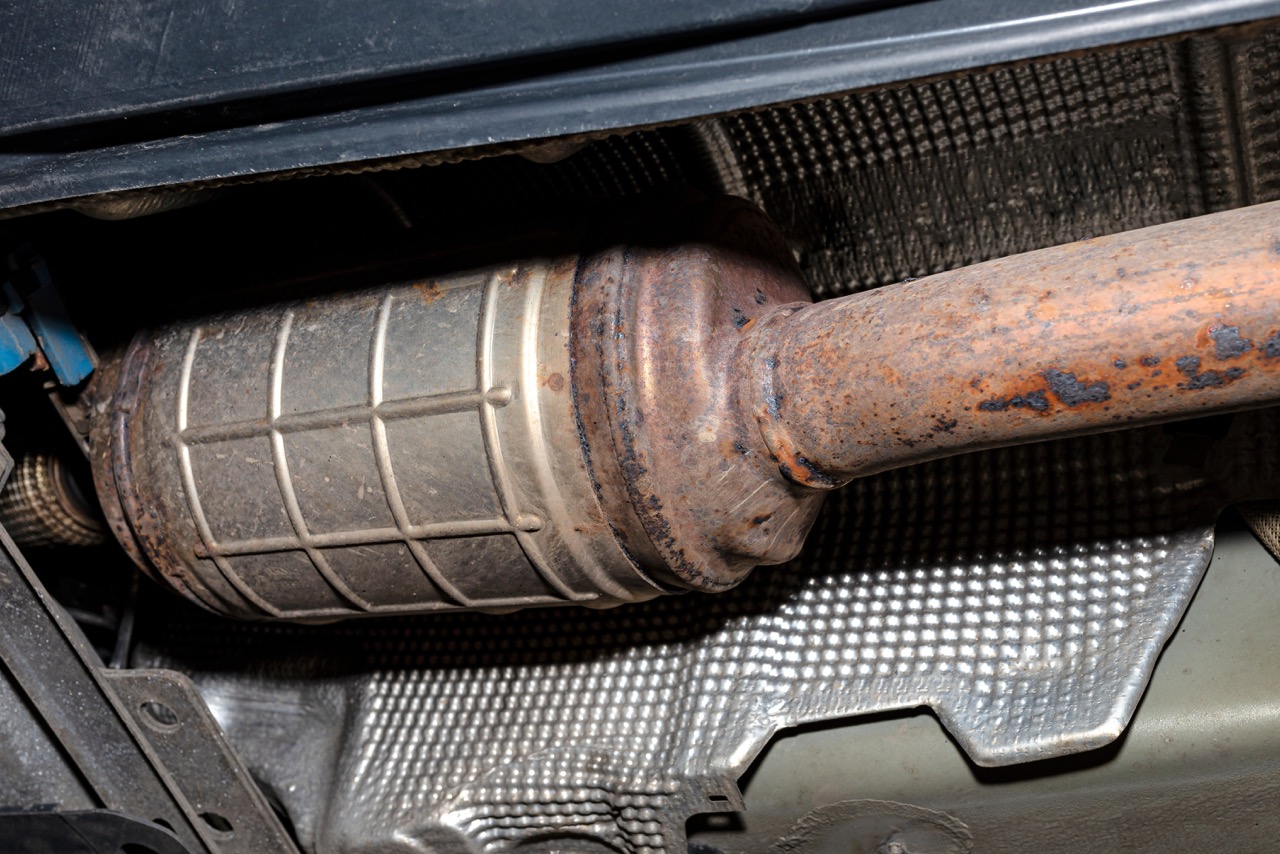Are you facing unexpected catalytic converter repair costs? Don’t let that expense get your motor in a twist! As certified technicians at Schulz Auto, we can offer you tips to proactively protect your car and optimize its performance. Come on by and take a spin with us as we explore some of the most important measures drivers must follow when it comes to caring for their catalytic converters.
Proactive Catalytic Converter Care
When it comes to the care of a catalytic converter, proactive maintenance is key. As an important part of a vehicle’s exhaust system, the catalytic converter helps reduce harmful emissions from entering the environment.
The most basic maintenance is regularly checking and replacing the spark plugs, which help ignite the fuel in your engine. It’s also important to keep an eye on your vehicle’s oxygen sensors and make sure they’re functioning properly; these detect unburned fuel that could potentially damage the converter.
In addition, periodic inspection of your catalytic converter is necessary to identify any signs of clogging or damage that might be impairing its performance. Clogged converters can significantly reduce fuel economy and increase pollution levels.
It’s important to ensure that your vehicle has no leaks in its exhaust system. Leaks can lead to dangerous toxins entering not only your car but also the environment around you, so it’s essential to keep these areas sealed off and free from any potential hazards.
Common Causes of Catalytic Converter Damage
Common causes of catalytic converter damage include physical impact, improper installation or maintenance, oil or coolant leaks, excessive heat exposure, and poor-quality fuel.
Physical Impact
This is perhaps the most common cause of catalytic converter damage. If a vehicle was ever in an accident or hit by another object, this could lead to cracks in the unit or other forms of damage that could cause it to fail prematurely.
Installation
Additionally, if the catalytic converter has been improperly installed or maintained with substandard parts and labor, it could also result in premature failure.
Leaks
Oil and coolant leaks are also common sources of damage for catalytic converters as these liquids contain chemicals that can corrode and degrade the unit over time.
Overheating
Excessive heat exposure from insufficient cooling systems or operating at high RPMs can also compromise its longevity.
The Wrong Fuel
Using poor-quality fuel may also cause buildup on the catalyst which will eventually affect its efficiency and might even block exhaust passages completely.
Catalytic Converter Repair – The Basics
Repairing a catalytic converter can be tricky and should always be done by a trained professional. Oftentimes, catalytic converters can become clogged with buildup due to running on poor-quality fuel or other factors like excessive heat exposure. This can be remedied by using specialized cleaning solutions, steam cleaning, and/or chemical flush methods to ensure that all components are clean and free of any debris or blockages.
In some instances, the catalytic converter may need to be replaced due to irreparable damage. When replacing a catalytic converter, it is important to use genuine OEM parts in order to ensure proper fitment and optimal performance. Additionally, if there are any other issues related to the vehicle’s exhaust system, it is also important to address these issues in order to minimize any potential long-term damage.
Tips for Optimizing Catalytic Converter Performance
To ensure that your car’s performance is optimized, there are a few tips you should keep in mind when it comes to maintaining your catalytic converter.
One of the most important steps is to ensure that your air filter is clean and replaced regularly. The air filter helps capture dirt, dust, pollen, and other pollutants from entering the engine’s combustion chamber and contaminating your catalytic converter. In addition, you should also replace any worn spark plugs or oxygen sensors–both components help regulate how much gasoline is used during engine operation which can affect emissions levels if not properly regulated.
It’s also important to regularly inspect your exhaust system for signs of corrosion or damage that could potentially block the flow of exhaust gasses into the catalytic converter. Finally, be sure to use high-quality fuel whenever possible as poor-quality fuel can affect performance over time by increasing carbon deposits on critical engine components like your catalytic converter. Taking these steps will ensure that your catalytic converter is running efficiently and helping reduce emissions levels from your vehicle without decreasing its performance.
When it comes time for a catalytic converter repair or maintenance, look no further than Schulz Auto for reliable technician assistance that will keep your car running smoothly in no time at all!

